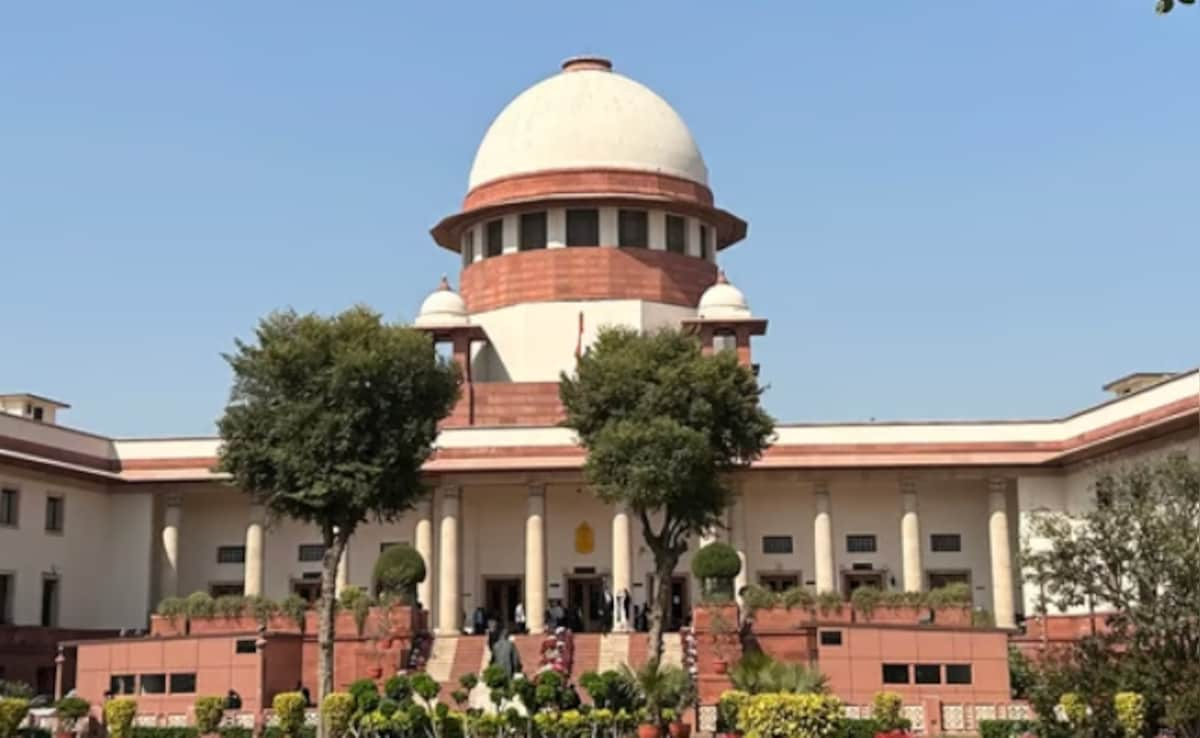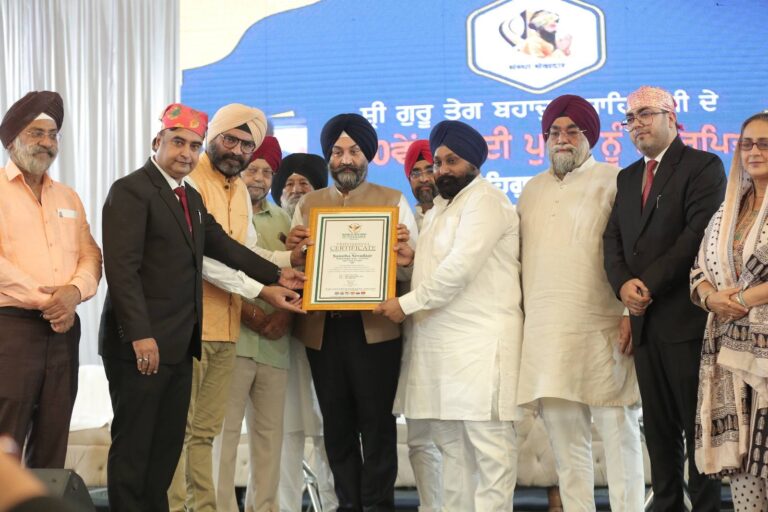
The amendment changed the description of India in the Preamble. (Representational)
New Delhi:
In a significant verdict, the Supreme Court on Monday dismissed pleas challenging the 1976 amendment to the Constitution adding terms “socialist”, “secular” and “integrity” to the Preamble.
The words “socialist”, “secular” and “integrity” were inserted into the Preamble to the Constitution under the 42nd constitutional amendment moved by the Indira Gandhi government in 1976.
A bench of Chief Justice Sanjiv Khanna and Justice Sanjay Kumar had on November 22 reserved its verdict on the pleas filed by former Rajya Sabha MP Subramanian Swamy and advocate Ashwini Updhayay challenging the inclusion of the words “socialist” and “secular” in the Preamble to the Constitution.
One of the first petitions was filed by one Balram Singh through advocate Vishnu Shankar Jain in 2020.
“The writ petitions do not need further deliberation and adjudication. The amending power of Parliament over the Constitution extends to Preamble,” the CJI said while pronouncing the verdict.
The CJI said the verdict explained that after so many years the process cannot be so nullified.
The date of the adoption of the Constitution would not curtail the government’s power under Article 368 and moreover this is not under challenge, the bench noted.
The amending power of Parliament extends to Preamble as well, it added.
The top court asked further, “It has almost been so many years, why rake up the issue now?” A detailed judgement is awaited.
While reserving the judgement, the bench said the 1976 amendment to the Constitution adding terms “socialist”, “secular” and “integrity” to the Preamble had undergone judicial reviews and it cannot be said whatever Parliament did during the emergency period was all nullity.
The amendment changed the description of India in the Preamble from a “sovereign, democratic republic” to a “sovereign, socialist, secular, democratic republic”.
Emergency in India was declared by the late PM Indira Gandhi from June 25, 1975 to March 21, 1977.
The bench previously refused to refer the matter to a larger bench as sought by petitioners and said “being socialist” in the Indian sense was understood to be a “welfare state”.
Advocate Ashwini Upadhyay, who too filed a petition, said he was not against the concepts of “socialism” and “secularism” but opposed its insertion into the Preamble.
Swamy, who filed a separate plea, pointed out even the subsequently elected union government led by Janata Party supported the inclusion of these words in the Preamble.
He said the question was whether it should be added as a separate paragraph to the Preamble instead of saying in 1949, it was adopted as socialist and secular.
He said, “Not only the emergency Parliament adopted this but (it) was also subsequently supported by the Janata Party government’s Parliament by a 2/3rd majority, in which this particular aspect of socialism and secularism was retained.” He added, “The issue here is only this much — whether we would make out that this should come as a separate paragraph because we cannot say that in 1949 these words were adopted. Therefore, the only issue that remains is, having accepted this, we can have a separate paragraph below the original paragraph.” In September, 2022, the top court tagged Swamy’s plea with other pending matters — filed by Singh and others — for hearing. They sought deletion of the words “socialist” and “secular” from the Preamble to the Constitution.
(Except for the headline, this story has not been edited by NDTV staff and is published from a syndicated feed.)







